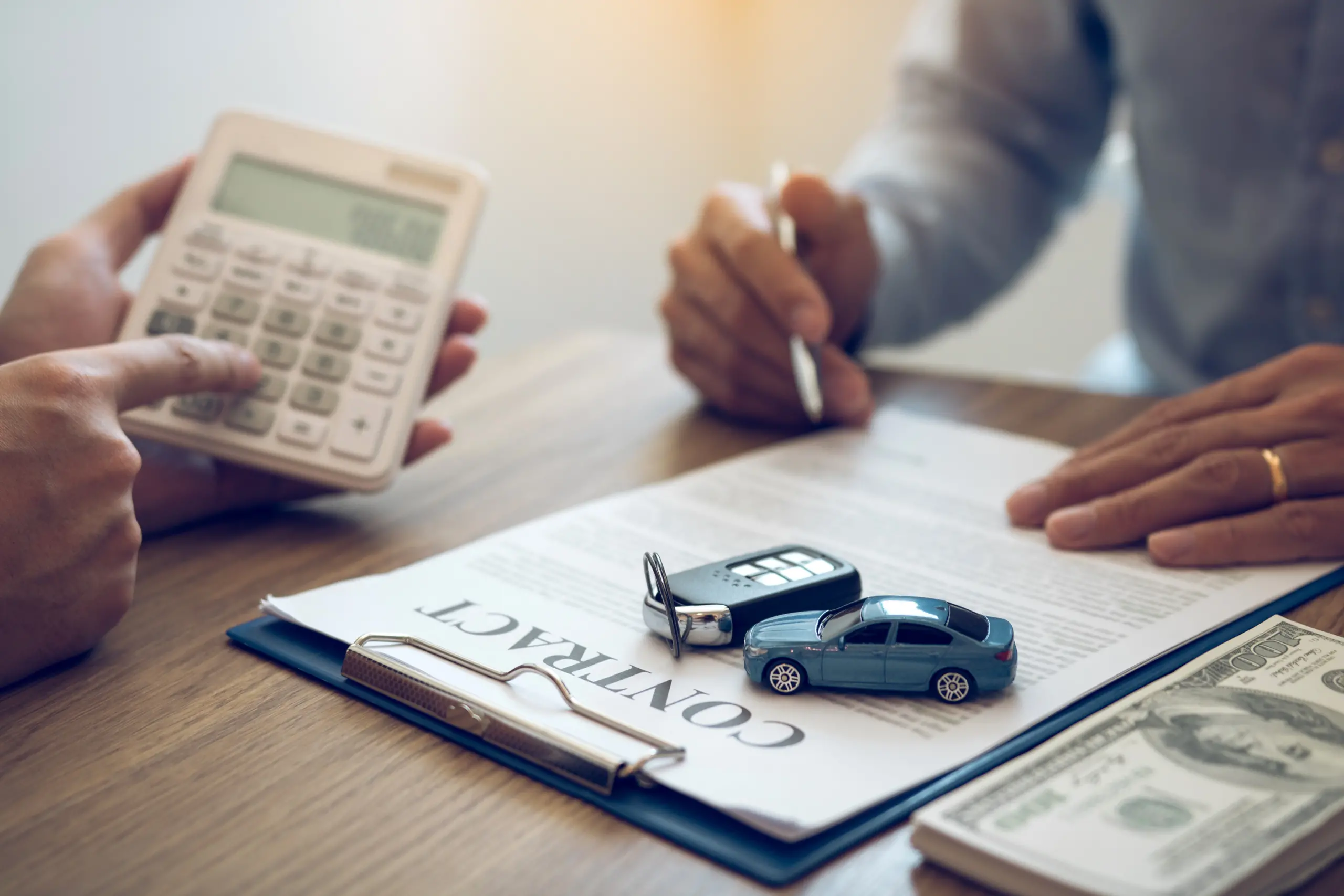Buying a Used Car: Essential Tips for Dealers and Private Sellers
By: Lyssa Meroff

Buying a used car can be an exciting journey, opening doors to new adventures and increased freedom. However, navigating the used car market can also feel overwhelming, especially for first-time buyers. This comprehensive guide empowers both small business owners and individuals to approach the process with confidence, whether buying from a dealer or a private seller. By following these essential tips, you can find the perfect vehicle, ensure a smooth transaction, and avoid common pitfalls:
-
Do Your Research
Know Your Needs: Before embarking on your search, take time to identify your specific needs and preferences. Consider factors like budget, passenger and cargo space requirements, fuel efficiency, desired safety features, and the type of vehicle that best suits your lifestyle.
Research the Market: Utilize online resources and dealership visits to research comparable car models and their current market value. This equips you with valuable knowledge when negotiating a fair price. Consumer reviews and car history reports can also provide crucial insights into the car’s reliability and potential issues.
Choose Your Buying Platform: Decide whether to purchase from a dealer or a private seller. Dealerships often offer guarantees, financing options, and a wider selection, but may come at a slightly higher price point. Private sellers can potentially offer lower prices and more flexibility for negotiation, but require extra due diligence on your part.
-
Secure Financing (if needed)
Explore Loan Options: If financing is required, compare interest rates and loan terms from various lenders, including banks, credit unions, and online lenders. Consider using a car loan comparison tool like an online broker to streamline the process and find the most competitive rates.
Understand Loan Requirements: Familiarize yourself with the down payment requirements, loan terms, and any associated fees involved in financing your car purchase. This transparency enables informed decision-making and avoids unexpected costs down the line.
Get Pre-Approved: Obtaining pre-approved financing demonstrates seriousness to sellers and strengthens your negotiating position. It also clarifies your budget and streamlines the final purchase process.
-
Inspect the Vehicle Thoroughly
Schedule a Pre-Purchase Inspection: A crucial step for any used car purchase is a pre-purchase inspection by a certified mechanic. This comprehensive inspection identifies any potential mechanical issues, estimates repair costs, and provides valuable peace of mind.
Check the Vehicle History Report: Invest in a vehicle history report to uncover the car’s past, including accidents, repairs, ownership changes, and potential odometer discrepancies. This report empowers you to make informed decisions and avoid cars with problematic histories.
Conduct a Test Drive: Don’t just settle for a visual inspection. Take the car for a thorough test drive to assess its handling, braking performance, and overall driving experience. Be sure to test the car in various conditions, such as city streets and highways, to identify any potential concerns.
-
Negotiate the Price
Research Comparable Prices: Before initiating negotiations, arm yourself with knowledge of the fair market value for similar car models and their selling prices. Utilize online resources and dealership visits to gather this crucial information.
Start with a Low Offer: While it’s important to be respectful, starting with a slightly lower offer leaves room for negotiation and allows you to potentially reach a mutually agreeable price point. However, avoid lowballing, as unrealistic offers can offend sellers and hinder the negotiation process.
Consider All Costs: Remember that the final purchase price isn’t the only cost to consider. Factor in registration fees, taxes, and potential repair costs based on the pre-purchase inspection findings when negotiating the final price.
-
Secure the Deal

Review the Purchase Agreement: Before signing any paperwork, meticulously review the purchase agreement to ensure it accurately reflects the agreed-upon price, any warranties offered by the seller, and the financing terms (if applicable).
Obtain Proof of Ownership: Secure the title and registration documents from the seller. These documents are essential for proving ownership and registering the car in your name.
Insure the Vehicle: Before driving your new car off the lot, obtain appropriate car insurance coverage to protect yourself financially in case of an accident or other unforeseen circumstances.
-
Additional Considerations
Beware of Scams: Unfortunately, the used car market can attract scammers. Be cautious of deals that seem too good to be true, and conduct thorough research before committing to any purchase. If something feels off, trust your gut and walk away.
Get Everything in Writing: Maintain written documentation of all agreements and transactions throughout the buying process. This provides a paper trail in case of any future disputes and protects your interests.
Enjoy Your Ride!
Once you’ve successfully navigated the buying process, it’s time to celebrate! Take pride in your new car and take good care of it through regular maintenance. By following these essential tips, you can approach the used car market with confidence and find the perfect vehicle that fits your needs and budget. Happy driving!
365 Views













